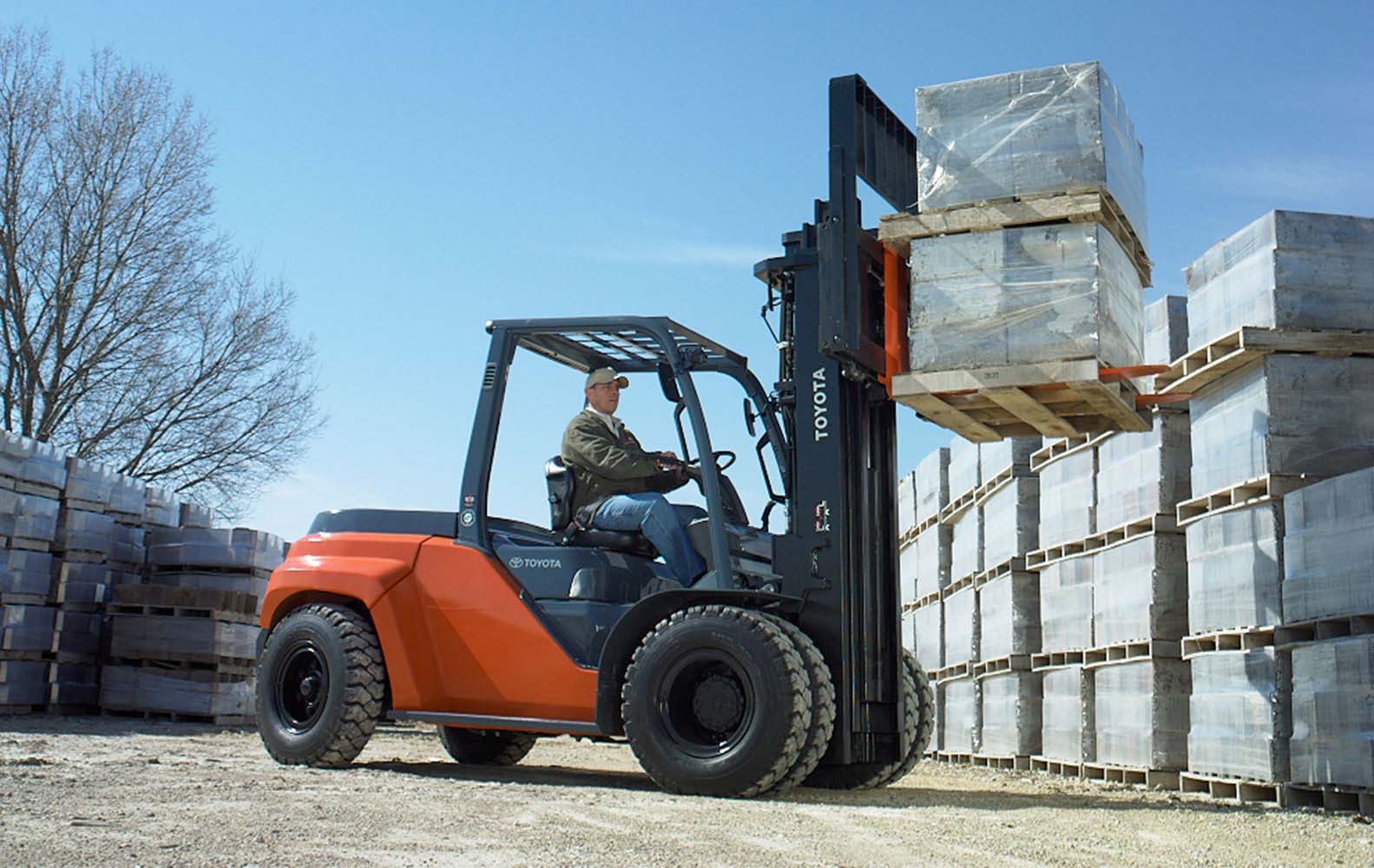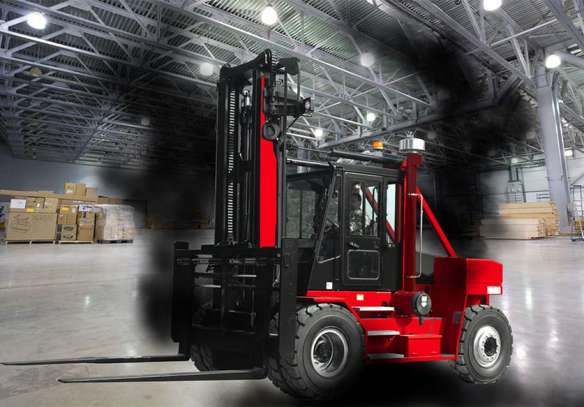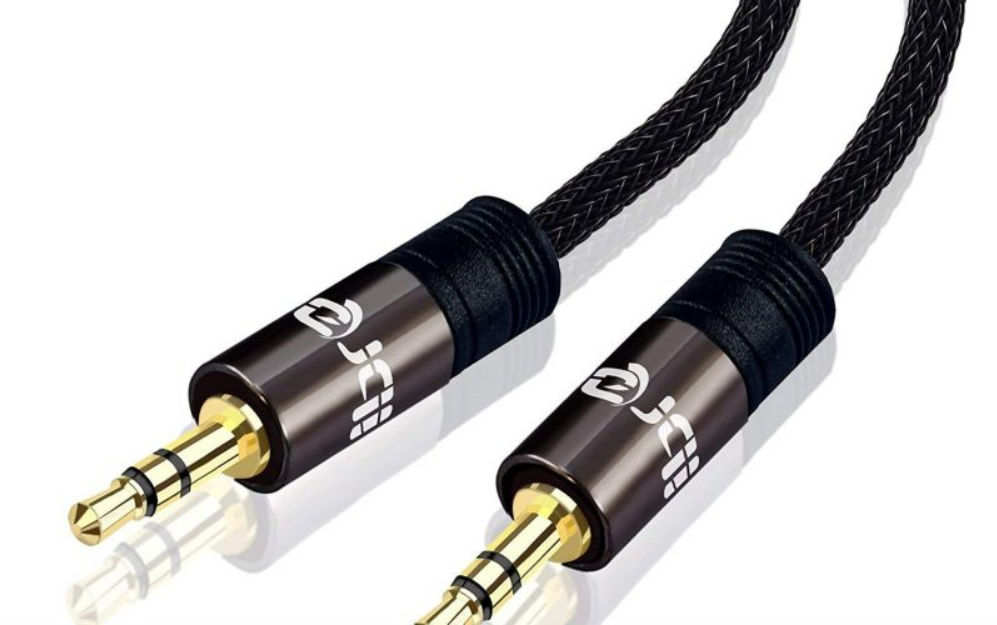Forklifts Overheating: Causes And Prevention While Moving Heavy Objects

Forklifts are sturdy pieces of equipment that are primarily used for moving heavy objects. They wipe out the strain on the workers caused by moving heavy objects and boost productivity. But, just like any other man-made machinery, it is also vulnerable to extreme work environments, which is why it is important to ensure that if the forklifts are in top working condition.
Overheating and malfunctioning forklifts can skyrocket your operational costs, increase downtime, and need costly repairs. And for warehouse managers and workers, dealing with unexpected downtime because of equipment breakdown is highly disruptive.
One of the major reasons for equipment failure is the “overheating forklift engine.” This is an issue that generally resolves by itself once the machinery is shut down, but it still causes disruption and frustration to any operation. Thus, it needs regular maintenance, planning, and trained observation to function over the long-term. Let’s understand the causes of forklift overheating in detail and how you can prevent it:
Table of Contents
Damaged or Worn Out Parts
Inadequately maintained parts easily cause a lift to become overworked, leading to malfunctions and overheating. For instance, a broken fan or fan belt, worn radiator, congested filters, and damaged hoses all can lead to forklift overheating. Irregular cleaning and maintenance can lead to clogged and congested filters that can increase the operating temperature of the engine.
Besides, stuff can slip through the cracks and tangled up inside the forklift fan that is located underneath the seat at the back of your truck cause it to break and corrode. A broken fan cannot cool down properly, causing forklift overheating.
Solution: With regular upkeep, maintenance, inspections, and paying special attention to the recommended services by the manufacturer, you can avoid overheating.
Another tip would be to keep your warehouse floor clutter-free and free from loose debris like pallet wraps and pieces of paper.
You Are Not Driving the Forklift Correctly
Each forklift has its maximum load capacity. If you are using the forklifts with exceeded load capacity, it can not only overhear, but also cause the risk of tip over. Working a forklift beyond its actual capacity levels can do serious damage to the machinery and operators.
Solution: Make sure to drive the forklift correctly by being aware of its load capacity and manufacturer’s manual. Most important, according to OSHA requirements, it is an employer’s responsibility to ensure the operators are trained and qualified to operate the equipment.

Higher Ambient Temperatures
Hot ambient temperatures mean the cooling system will work harder to avoid forklift overheating. And, operating the equipment for prolonged periods, in higher temperatures, will result in an overheated engine.
Solution: The best way to tackle this issue is to avoid using it for a longer time and operate by having frequent breaks to cool it down. Keep its fluid levels topped up and allow the lift to stand under the shade to cool down.
Low Coolant Levels
Low coolant levels are another major cause of forklift overheating. Again, checking fluid levels come under daily maintenance and upkeep. However, besides checking the fluid levels during the planned maintenance program, it should also be checked daily in the pre-shift inspection.
Solution: Make sure the coolant levels are topped up, mainly during the summer months, when the temperature is higher, causing forklifts to overheat easier than in the winter months. Further, plan out an effective maintenance schedule and make sure that the fluid levels are checked during the inspection.
Conclusion
By now, you may have gathered that forklift overheating or any other function issue starts with poor maintenance. So, solving this problem boils down to effective preventative measures, including daily pre-shift inspections, keeping the job site clear of debris, and operating vehicles within their limitations. This will ensure your forklifts to be well-maintained and run smoothly!
Learn More: OSHA requirements




